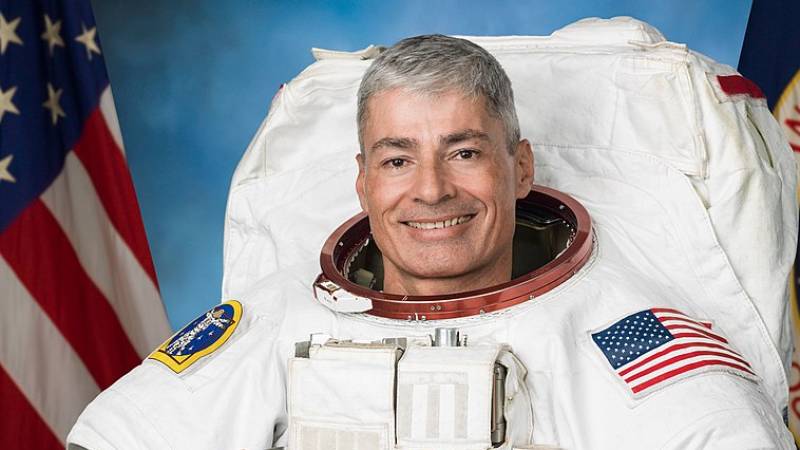But now that Vande Hei is back on Earth, the mental and physical health of astronauts who spend a lot of time in space is being discussed. It’s not without risk, and gravity researcher Jacques Van Loon of the Free University even calls it irresponsible. “I think it’s unethical to leave people weightless for too long. It’s very unhealthy to be weightless for so long.”
change the brain
Van Loon was researching how the body changed during its long stay in space. For example, the immune system appears to function less, skin deteriorates and bone mass decreases. “The body will adjust to the new situation. There’s nothing wrong with that, if you’re going to stay in space.”
But astronauts continue their lives on Earth after their mission. And then it doesn’t help that the brain changes, recent research shows. Cognitive functions are particularly affected. Van Loon does not yet know if this is permanent.
Bone reduction is a problem anyway. You can still see this a year later in astronauts who have been in space for a longer period of time. On the space station, astronauts train for an hour and a half every day to counteract these effects, but according to Van Loon, that’s not enough.
Dutch space psychologist Mindy Howard also believes that the NASA astronaut will not be the same when he left. During the courses you give Virgin Galactic commercial space travelers, for example, you often see that the image they have of themselves and the Earth changes when they see the planet from afar. Not to mention the time people are gone all this time.
“Because people have seen the world from a different perspective, they want to protect it better afterwards,” Howard says. “They realize we only have one globe and they see how vulnerable it is.” But also smaller things like the love of food or a change of family. “People very much enjoy eating hamburgers or spending time with their loved ones, for example.”
insulation
According to Howard, there is a significant mental challenge in a long stay in a space station, where there are only a few other astronauts. “People can change a lot when they’re alone for a long time. For example, they can become less productive and feel homesick.”
To best prepare astronauts for isolation, they are often isolated during their training. For example, the European Space Agency ESA offers courses in Antarctica, where it leaves people behind for a year. “This way they can see how future astronauts react to boredom or how they deal with other sleep patterns,” the psychiatrist said.
Howard sees in the future many challenges in the field of mental training of astronauts, especially in light of possible space trips to Mars. “So you’re in the dark and you only see the stars, and it’s completely isolated.” She hopes that more attention will be paid to the mental health of the astronauts by then. “We are not doing enough in this area yet and there is a lot to gain.”

“Lifelong zombie fanatic. Hardcore web practitioner. Thinker. Music expert. Unapologetic pop culture scholar.”








